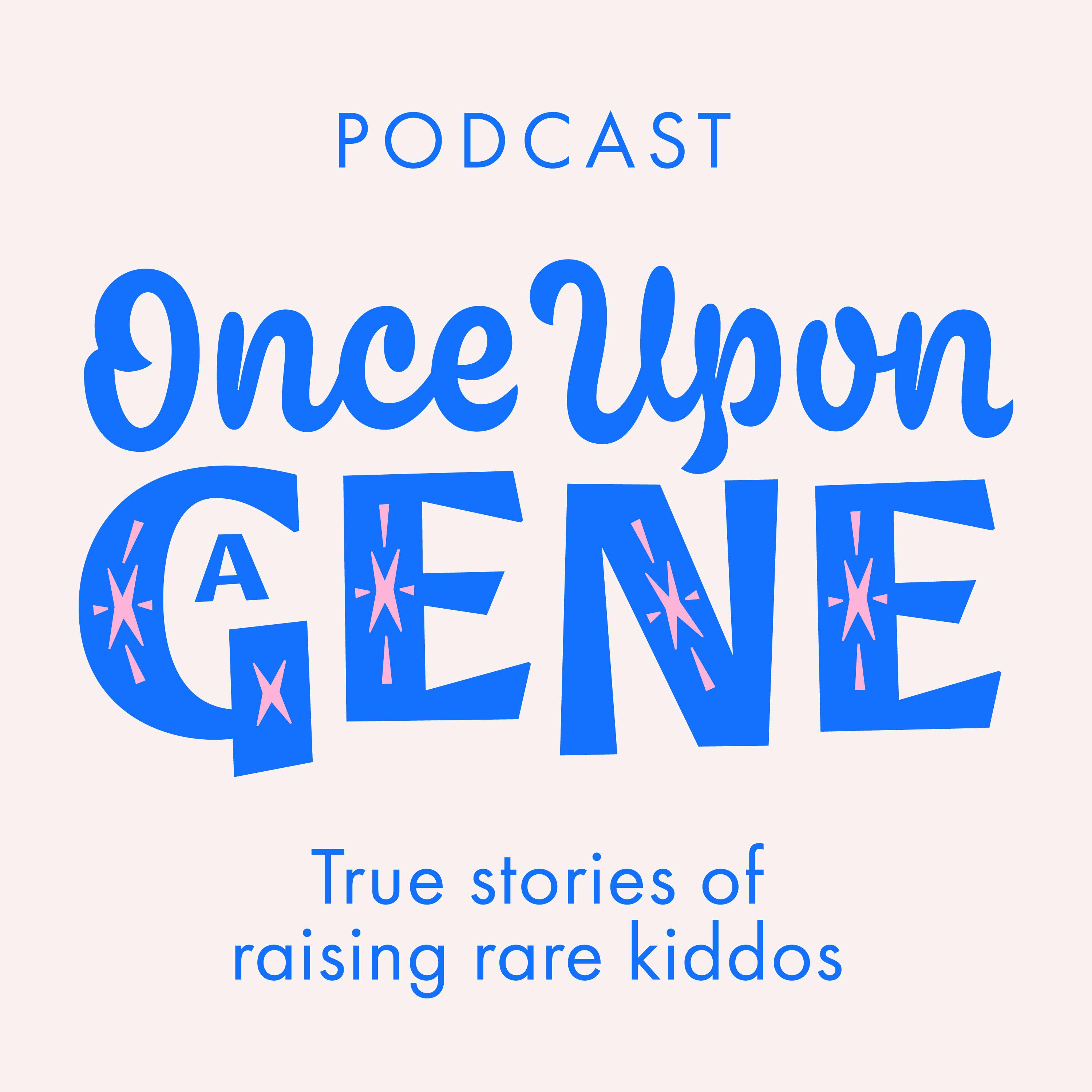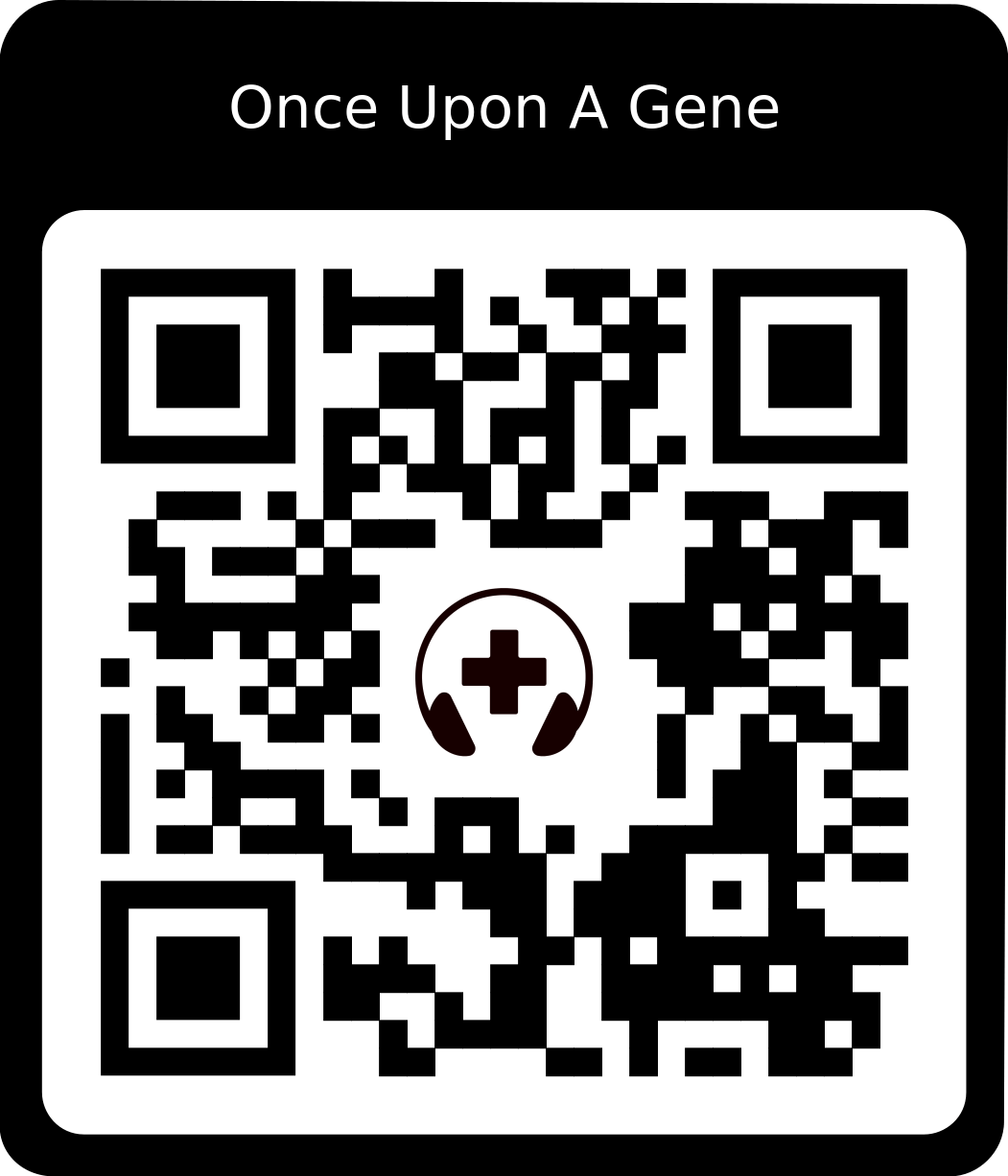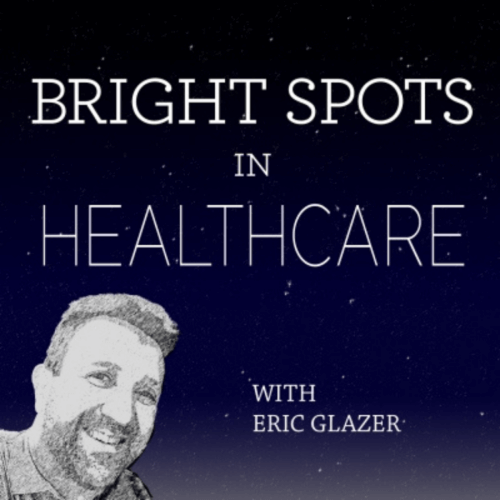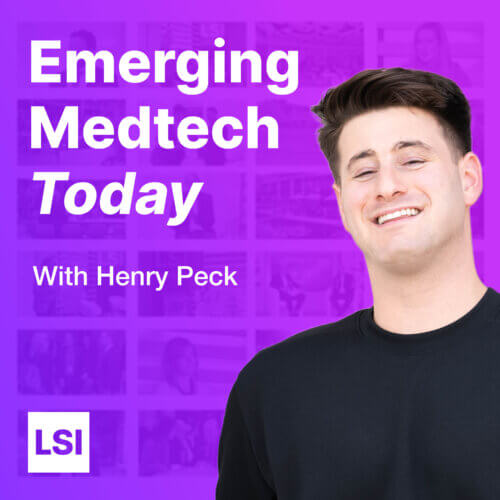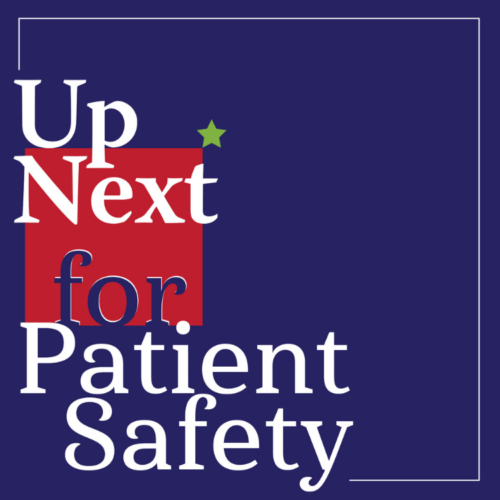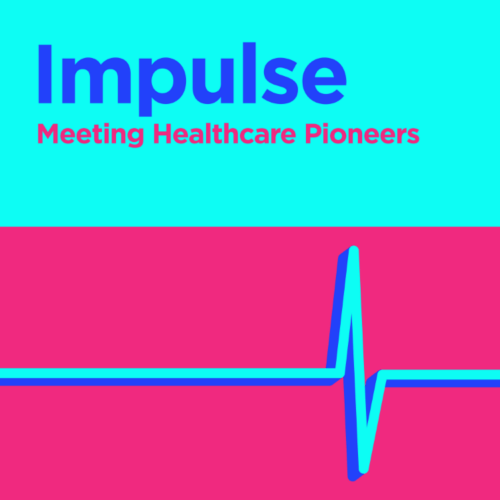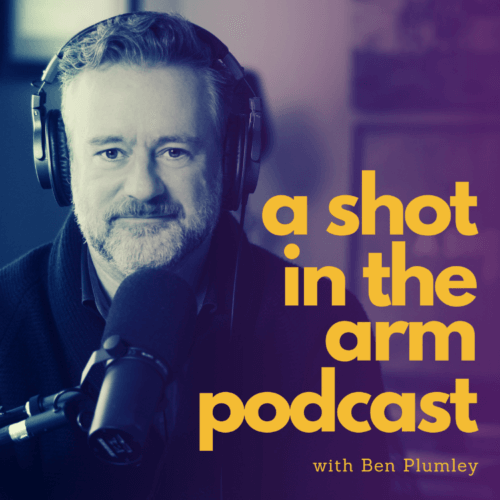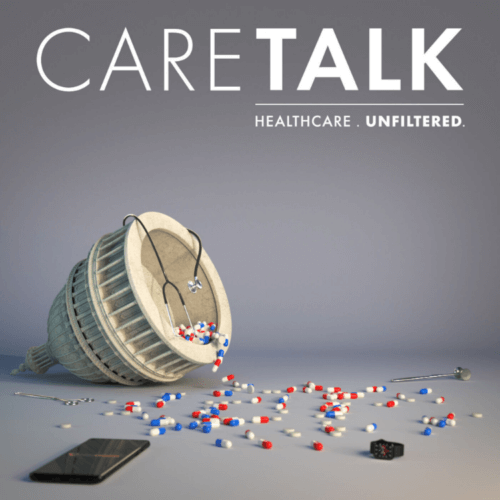A Healthier Healthcare For All
ONCE UPON A GENE – EPISODE 021
Healthier Healthcare for All
Christie Olson is interviewing me and we’re firing up a conversation about the healthcare challenges along my journey with Ford in hopes that it shines a light on some of these issues that parents face regularly.
Let’s talk about how we know each other and how we met.
At our mutual favorite place, Kindering,our local birth to three center, there’s a program for kids around 16 months old where you can bring them out of the home setting and bring them into a mini preschool setting where the parents come to the class as well. We met because your son, Peter was in the same class as Ford for a few months.
Introduce you son, Ford.
Ford is my favorite subject. He’s the brightest light, so hard-working, so smart and so funny. His laugh is constantly in my head- I hear it all the time. He has this spirit about him that brings you down to Earth, He loves the comfort of his home and his stuff and being with family. He loves weather, being outside and the wind on his face. He’s really easy going and he just never gives up. He’s the hardest working person I’ve ever met.
Talk about when Ford began receiving outpatient therapies from Kindering.
Ford was admitted into Seattle Children’s at about three months old for failure to thrive. When we left after about a week, I think they set things in motion for us. I don’t recall making those calls, although maybe I did. I think Seattle Children’s played a huge part in connecting me to Kindering. They set up an evaluation for Ford and I brought him in and theses two therapists did a few different things with Ford. I was really emotional and not really understanding the scope of what was going on with Ford at the time and they were so calm with me and so patient. They confirmed that Ford definitely needed therapy services, that he qualified and that they would contact me. When they contacted me, they also said Ford qualified for home visits, which was the biggest relief. We were set up with speech therapy, physical therapy, occupational therapy and vision therapy. We then found our footing with which ones we needed to focus on more.
Can you tell me about what Ford’s diagnosis is?
Ford was diagnosed with CTNNB1, which is a gene that mutated. It’s a random occurrence and not something that Casey or I passed down to Ford. That gene specifically is in charge of producing a protein called Catenin beta-1 and has lots of jobs that has to do with cell growth, reproduction, cell adhesion and it affects many parts of Ford’s body. There’s cognitive disabilities, motor disabilities and speech disabilities. Ford isn’t able to sit or walk yet and he’s non-verbal. It creates a lot of difficulty in getting around and doing daily tasks. Random things also affected include his vision and a sensitivity to the sun. Most of the children diagnosed are really young, so we don’t have a lot of knowledge about what can happen later. CTNNB1 was found in 2012 and there are fewer than 200 people with the diagnosis so there’s a ton we don’t know yet. We’re growing a lot with the access to genetic testing, so hopefully we can keep learning more and connect it to similar diagnoses.
LINKS AND RESOURCES MENTIONED
TUNE INTO THE ONCE UPON A GENE PODCAST
CONNECT WITH EFFIE PARKS
